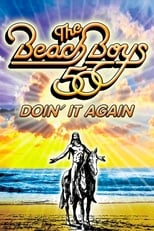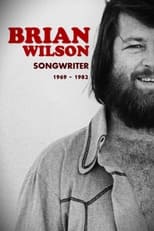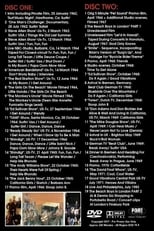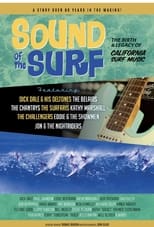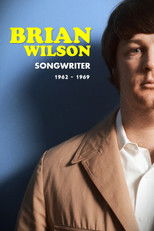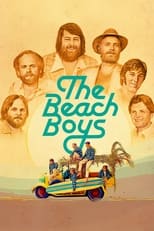David Marks
¿Quién es David Marks?
Marks joined the Beach Boys in February 1962, replacing Al Jardine on rhythm guitar, and performed on the band's first four albums, Surfin' Safari (1962), Surfin' U.S.A. (1963), Surfer Girl (1963), and Little Deuce Coupe (1963). Because he did not appear on the 1961 single "Surfin'", the first performance by the band that became "the Beach Boys", most historians discount him as a true founding member of the group. In August 1963, he left the band due to personal problems with manager Murry Wilson. Afterward, Marks worked with acts including Casey Kasem's Band Without a Name, the Moon, Delaney & Bonnie, Colours, and Warren Zevon, and studied jazz and classical guitar at the Berklee College of Music and the New England Conservatory.
From 1997 to 1999, Marks returned to the Beach Boys for their live performances. In 2007, he released an autobiography, entitled The Lost Beach Boy. He briefly reunited with the group for their fiftieth-anniversary tour and the 2012 album That's Why God Made the Radio.
At age seven, David Lee Marks moved into a house across the street from the family home of the three Wilson brothers, Brian, Dennis, and Carl Wilson, later the founding members of The Beach Boys. Describing the neighborhood, Marks noted, "It was run down. There were no sidewalks. The houses were older and the Wilsons lived in a pretty small, modest two-bedroom home. The boys all shared a bedroom. When they got older, Brian started sleeping in the den more and more, which was a converted garage they had turned into a music room. They had a Hammond B-3 organ, an upright piano, and a little hi-fi in there."
As the 1950s progressed, Marks sang and played music with the Wilson family at their Sunday night singalongs. Inspired by a 1958 performance by guitarist John Maus (later of the 1960s Walker Brothers), Marks asked his parents to buy him a guitar, which they did on Christmas Eve, 1958. He began taking lessons from Maus, who had been a student of Ritchie Valens.
In 1959, Marks and Brian Wilson's youngest brother Carl began to develop their own style of playing electric guitars. Brian realized that the combination of Carl and Marks playing brought a rock guitar sound to his original compositions, and the two teenagers participated in Brian's first songwriting efforts that led to the band's 1963 hit single "Surfer Girl".
Marks was not on the Beach Boys first recording, "Surfin'" for Candix Records on October 16, 1961; that roster included Al Jardine, a high school classmate of Brian Wilson's, who had been singing and playing stand-up bass with the Wilson brothers and their cousin Mike Love. Over the next couple of months, Brian experimented with different combinations of musicians, including his mother Audree Wilson, but was not able to interest a major label. ...
Source: Article "David Marks" from Wikipedia in English, licensed under CC-BY-SA 3.0.
Trabajos destacados
Géneros más habituales en las películas de David Marks
Géneros más habituales en las series de David Marks
Compañeros de trabajo recientes de David Marks
Las imágenes y retratos de actores o actrices mostrados en este sitio web son obtenidos de la base de datos de The Movie Database (TMDB). En el caso de que alguna imagen o fotografía sea incorrecta, ofensiva o infrinja derechos de imagen, puede ser editada o eliminada de TMDB, lo que resultará en su eliminación correspondiente en este sitio. En última instancia, los usuarios también pueden utilizar el formulario de contacto ubicado al pie de la página para solicitar la corrección o eliminación de cualquier contenido.
The images and portraits of actors or actresses displayed on this website are sourced from The Movie Database (TMDB). In the event that any image or photograph is incorrect, offensive, or violates image rights, it can be edited or removed from TMDB, subsequently ceasing its display on this site. As a final recourse, users may also utilize the contact form located at the bottom of the page to request the correction or removal of any content.







